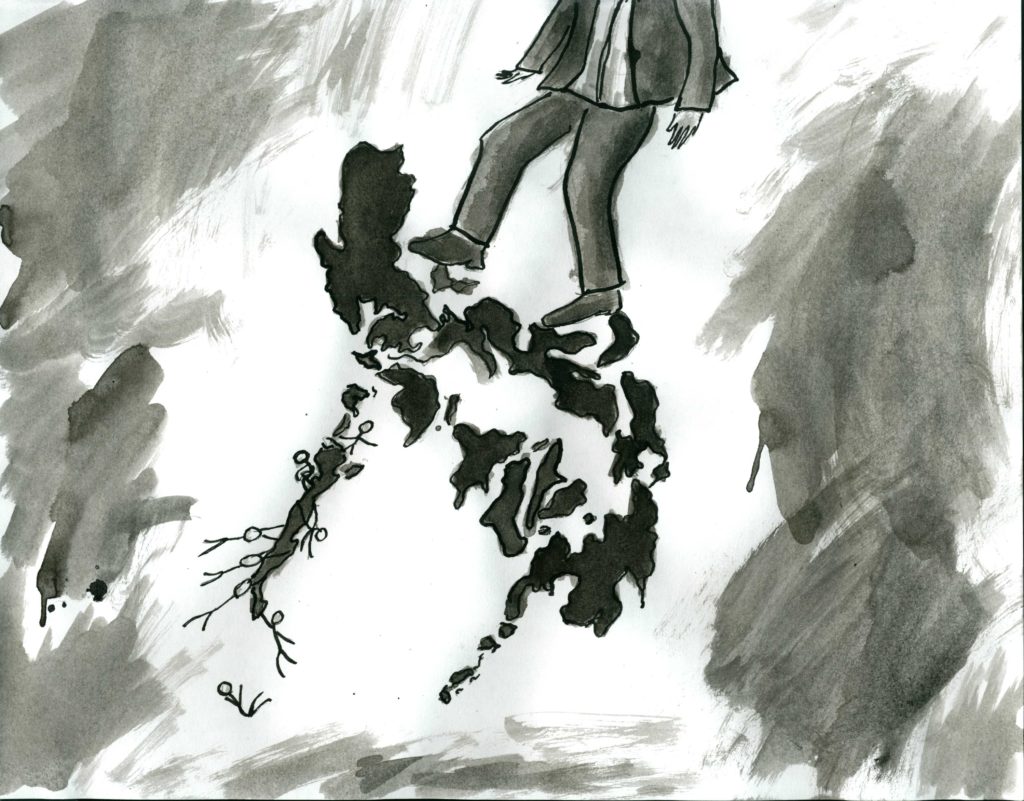
When Rodrigo Duterte took power as the president of the Philippines in January of 2016, he promised everyone that he would root out the country’s drug dealers. Over the next few years, he condoned the extrajudicial killings of more than 5,000 petty criminals, street children, and drug users all while failing to curb the flow of drugs into the country.
With his constant deluge of misogynistic and homophobic tweets, Duerte quickly cemented his position as an extreme populist. However, even with his extremely controversial policies, many of the Muslims in the country clung to Duterte for hope after he vaguely assured the Filipino Muslim community that “something will change” before the end of his term. Last Sunday, this change came; though not in the way that the world was hoping for. During Sunday mass, a bomb detonated inside a cathedral on the Southern Extreme of the Philippines. As soldiers and horrified civilians rushed to the scene, a second bomb went off and killed at least 20 people.
Ultimately, terrorism is fuelled by dissent. This is neither an explanation nor a justification for the atrocity last Sunday; indeed, such acts should be condemned and the perpetrators punished with the full force of the law. Violence should never be a way to engineer change in and of itself; but even though the methods of these extremists were profoundly problematic, the ultimate issue remains. Although Duterte may have been able to fool the aristocracy of the Philippines with his boasts about killing drug dealers and eliminating mafia groups, it becomes evident to anyone unfortunate enough to have had dealings with the police that those killed were no more than defenseless civilians. After all, the police are paid 8,000 to 15,000 pesos for each engagement they take part in. In order to curb this sudden rise in extremism, Duterte needs to fool more than just the elite ruling class.
This bombing came six days after many Muslim voters in the Southern region of the country voted for greater regional autonomy partly in response to the end of separatist rebellions that had plagued the Philippines for the last 50 years. Hours after the bombing, the Filipino branch of the extremist group Islamic State claimed responsibility for the attack, disclosing that the bombing was carried out by “two knights of martyrdom” against a “crusader temple.” For an organization that seemed so set on toppling the overwhelmingly Christian country of the Philippines, their statement was strangely riddled with Christian motifs and allusions.
In a statement after the attack, Duterte blamed the attack on Abu Sayyaf, an organization that controls many of the bands of Muslim Filipinos notorious for kidnapping and extortion, many of whom have also pledged allegiance to the Islamic State (IS). Although the IS did not directly reference politics in talking about the incident, it seems too improbable that the act was perpetrated days after negotiations ended off as a simple coincidence.
This, however, was far from the first time that terrorism had plagued the Philippines. Back in 2017, armed followers of IS briefly occupied the city centre of Marawi, sparking a battle with the police that dragged on for weeks and destroyed much of the city. After nearly 25 years of trying to eradicate Abu Sayyaf, the Filipino government remains unsuccessful even though the group is thought to number only a few hundred members. Instead of focusing on eradicating the homeless population of the Philippines by arresting, beating, and killing them, Duterte should focus on making his country a safer place for his citizens.
Neil Shen is a Junior from Vancouver, Canada. Contact the author at nshen22@andover.edu.